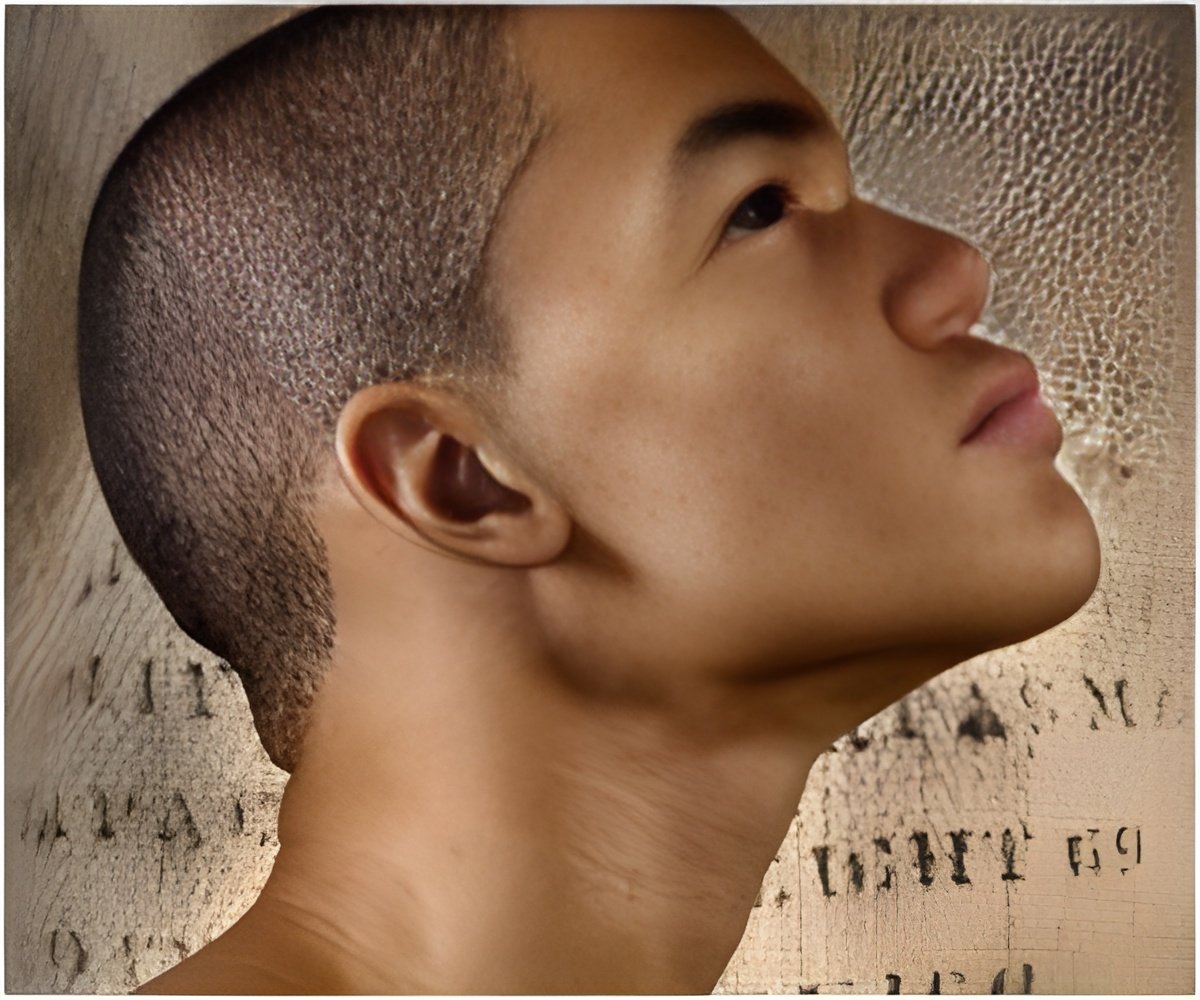Almost half of the white medical students and residents in the US hold false beliefs about biological differences between black and white people.

‘Most of the US medical students hold false beliefs about the biology of African-American people that their nerve endings are less sensitive and blood coagulates more quickly than whites.’





Participants read two mock medical cases about a black and a white patient -- experiencing scenarios such as slamming their hand in a car door -- and made pain ratings on a scale of one to 10. They also answered a survey about biological differences between blacks and whites, including false statements such as: "Blacks’ nerve endings are less sensitive than whites,’" and "black people’s blood coagulates more quickly than white people’s."
Other false statements related to blacks having stronger immune systems, thicker skin and being "significantly more fertile" than whites.
The list given to the subjects also included some true statements, reflecting that Blacks have denser stronger bones, are more prone to heart disease and less likely to suffer spinal cord diseases than whites.
On average, participants endorsed nearly 12 percent of the false beliefs.
Advertisement
"Given this sample (medical students and residents), the percentages for false beliefs are surprisingly high."
Advertisement
The study provides further evidence that racial bias may be to blame when it comes to harmful disparities in care.
"To our knowledge, this is the first demonstration of medical personnel (students and residents with at least some medical training) endorsing such beliefs in modern times," said the study.
It "demonstrates that beliefs about biological differences between blacks and whites -- beliefs dating back to slavery -- are associated with the perception that black people feel less pain than do white people and with inadequate treatment recommendations for black patients’ pain."
Source-AFP










